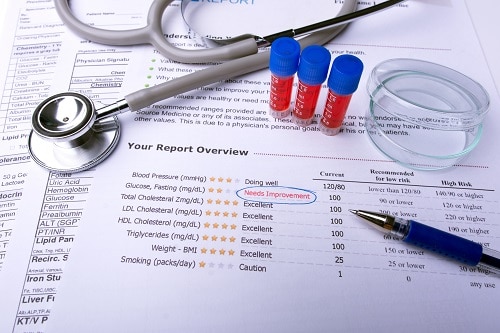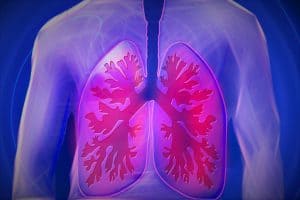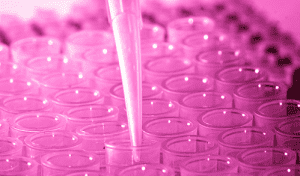
Vical terminates genital herpes vaccine after trial failure
pharmafile | June 12, 2018 | News story | Manufacturing and Production, Research and Development | Vaccine, Vical, herpes, pharma
San Diego-based biopharma firm Vical has announced the disappointing, if unsurprising, news that it has taken the decision to terminate its bivalent vaccine VCL-HB01 for herpes simplex virus type 2 (HSV-2) – the leading cause of recurrent genital forms of the disease – after the candidate’s failure to display compelling efficacy in a Phase 2 trial.
The new Phase 2 data was generated from 261 healthy HSV-2 seropositive participants with self-reported history of around four to nine recurrences a year. While the candidate proved generally safe and well-tolerated, it failed to meet its primary endpoint of annualised lesion recurrence rate, based on clinically- and virologically-confirmed genital recurrences over nine months of surveillance minimum.
And it’s not the first time the candidate failed to impress, with earlier studies producing lacklustre results. Vical hoped that greater efficacy could be achieved by increasing the dosing of the drug from three injections to four, but that hope has now deflated.
“We are extremely disappointed with the outcome and based upon these results, we will be terminating the HSV-2 programme,” confirmed President and Chief Executive Officer Vijay Samant. “We are indebted to our patients for their participation and our investigators for their steadfast support. The study protocol requires that patients be followed for 12 months after their last dose, and as a result we will continue to follow the active patients until July 2018.”
“In the meantime,” he continued, “we remain focused on our novel antifungal VL‑2397, which we licensed from Astellas and has the potential to be the first in a new class of antifungal drugs. Our Phase 2 trial is underway, comparing VL-2397 with standard first-line treatment for invasive aspergillosis in immunocompromised adults, which would be eligible for a Limited Use Indication assuming a successful outcome of the trial. In addition, we will continue the preclinical development of a novel treatment for chronic HBV infection based on our DNA and lipid-delivery technologies. The initial aim of our HBV programme is to demonstrate proof of concept for inhibiting HBV infection in an in vivo model.”
Matt Fellows
Related Content

GSK shares new data for RSV vaccine Arexvy
GSK announced positive results from its phase 3 trial which assessed the immune response and …

GSK and Zhifei partner for shingles vaccine promotion in China
GSK has announced that it has come to an exclusive agreement with Chingqing Zhifei Biological …

WHO recommends new vaccine for prevention of malaria in children
The World Health Organization (WHO) has announced that it has recommended a new vaccine, R21/Matrix-M, …








